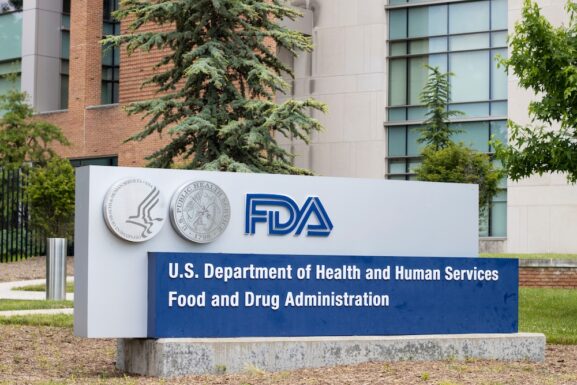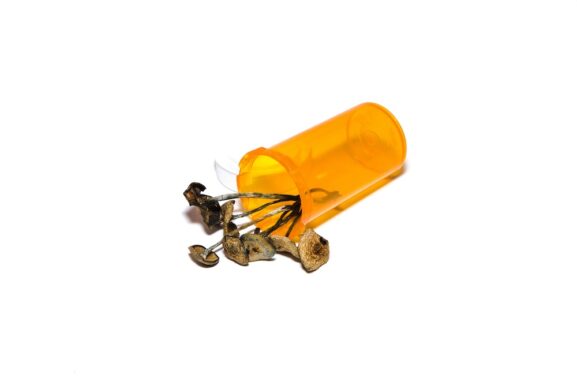Researchers: The Focus on Mystical Experiences is Holding Psychedelic Therapy Back
A new review in Nature Reviews Psychology challenges our understanding of psychedelic therapy. It suggests we look beyond mystical experiences for therapeutic benefits.
Psychedelics like psilocybin, DMT, mescaline, and LSD are gaining attention in mental health. They can induce profound effects on cognition, perception, and emotions.
But are mystical experiences the key to their therapeutic potential?
New: Interested in Being Part of a Psychedelics-Focused Clinical Trial? Sign Up Here
The Therapeutic Landscape
Psychedelics show promise in treating mood and substance use disorders. Some studies report lasting relief for patients.
During sessions, users often experience emotional breakthroughs and heightened connectedness. These acute effects are thought to drive therapeutic outcomes.
But it’s not all positive. Psychedelics can also induce challenging states:
- Anxiety
- Existential struggles
- Depersonalization
These effects sometimes require therapeutic intervention.
What does this mean for patients and practitioners?
RELATED: What is Ego Death and How Can You Experience It
Measuring the Experience
Current tools for measuring psychedelic experiences fall short. The Mystical Experience Questionnaire and 5-Dimensional Altered States of Consciousness scale are widely used.
But researchers argue these tools are inadequate. They often fail to capture the full range of experiences. More importantly, they may not predict long-term outcomes.
How can we better understand these experiences?
A Call for New Measures
The review urges development of more comprehensive measures. These should accurately assess diverse acute effects of psychedelics.
Researchers suggest incorporating insights from psychological science. They call for tools validated through rigorous empirical testing.
What might these new measures look like?
Implications for the Future
Moving beyond mystical experiences could revolutionize psychedelic research and therapy. It may lead to a more nuanced understanding of how these substances affect the mind.
This shift could result in more effective therapeutic protocols. The goal: maximize benefits while minimizing risks.
As interest in psychedelics grows, so does the need for data-driven measures. The review offers recommendations for researchers and clinicians.
What’s next for psychedelic therapy?
Conclusion
The future of psychedelic therapy is evolving. By broadening our focus beyond mystical experiences, we open new possibilities. This approach could lead to more effective treatments and a deeper understanding of the human mind.



